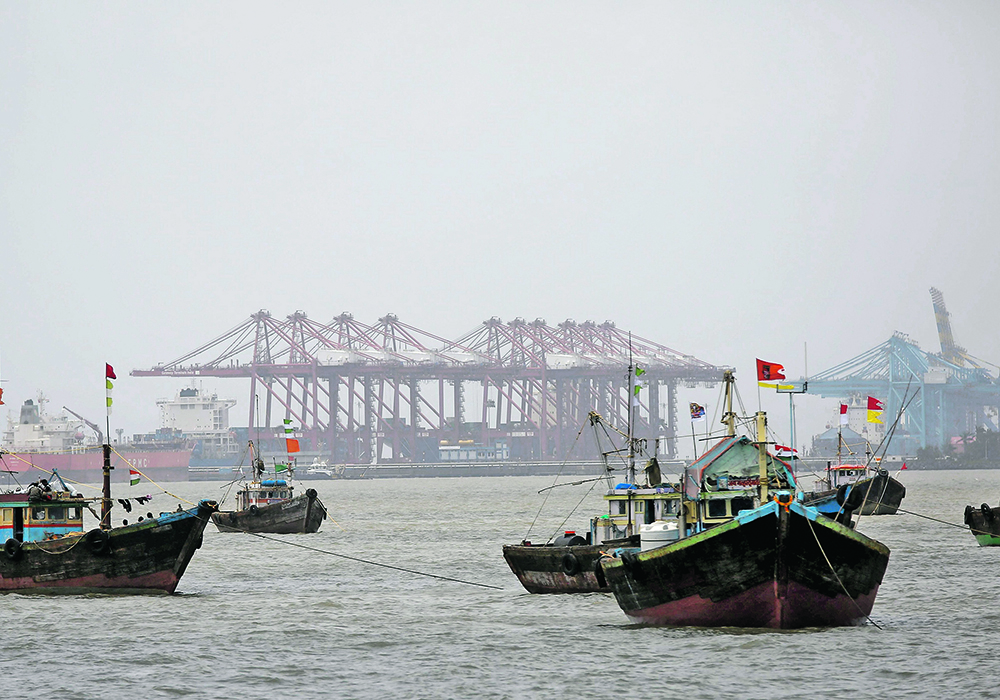Meeting comes on heels of a year of fractious relations between the two countries over a host of issues, including tariffs
NEW DELHI (Reuters) — India and the United States agreed last month to expand trade of some agricultural products, including U.S. cherries, alfalfa and distiller dried grains and Indian mangoes, grapes, shrimp and water buffalo meat.
In a joint statement issued after the U.S.-India Trade Policy Forum meeting in New Delhi, the two countries’ trade ministers also discussed the possibility of restoring India’s trade benefits under the U.S. Generalized System of Preferences.
The statement came as U.S. Trade Representative Katherine Tai ended a two-day visit to try to rebuild trade ties between the world’s richest and largest democracies.
Read Also

Producers may see energy price relief in coming months
Energy prices for Prairie farmers should be steady to lower because the world has an adequate supply of crude oil and Western Canada has a surplus of natural gas.
“The ministers expressed an intent to continue to work together on resolving outstanding trade issues as some of these require additional engagement in order to reach convergence in the near future,” said the statement from Tai and Indian Minister of Commerce and Industry Piyush Goyal.
New Delhi and Washington have sparred over a range of issues, including tariffs, for more than a year, hampering the prospects of concluding a bilateral trade package.
The Nov. 23 meeting followed Indian Prime Minister Narendra Modi’s meeting with U.S. President Joe Biden in Washington in September when both leaders agreed to expand trade ties.
“The forum heralds a new beginning in India-U.S. trade partnership,” Goyal said in a tweet after the meeting.
The two ministers agreed to use the “revitalized” forum to rapidly engage on new trade concerns as they arise and plan to evaluate progress on a quarterly basis.
The two sides also discussed U.S. interest in supplying ethanol to India and speeding up phytosanitary work to allow more agricultural imports for both countries, including U.S. pork and Indian table grapes.
India raised its interest in restoration of its beneficiary status under GSP, the U.S. program that provides some tariff-free access for imports from developing countries that expired at the end of 2020. The Trump administration in 2019 terminated India’s access for about $5.6 billion of annual exports amid disputes over digital trade and other issues.
The U.S. noted in the statement that “this could be considered, as warranted, in relation to the eligibility criteria determined by the U.S. Congress.”
For India and other developing countries to receive GSP trade benefits, Congress would have to reauthorize the program, which may come with new restrictions and conditions on labour and environmental issues.
Tai, accompanied in New Delhi by Deputy U.S. Trade Representative Sarah Bianchi, earlier raised issues of market access restrictions, high tariffs, unpredictable regulations and restricted digital trade between the two countries.
India has been resisting a U.S. demand to lower tariffs, arguing that applied tariffs were far below the permissible limit under World Trade Organization rules.
Bilateral goods’ trade between the two countries in the first nine months of this year rose nearly 50 percent from a year earlier as their economies reopened after pandemic restrictions eased, and is set to surpass $100 billion this year, the joint statement said.















